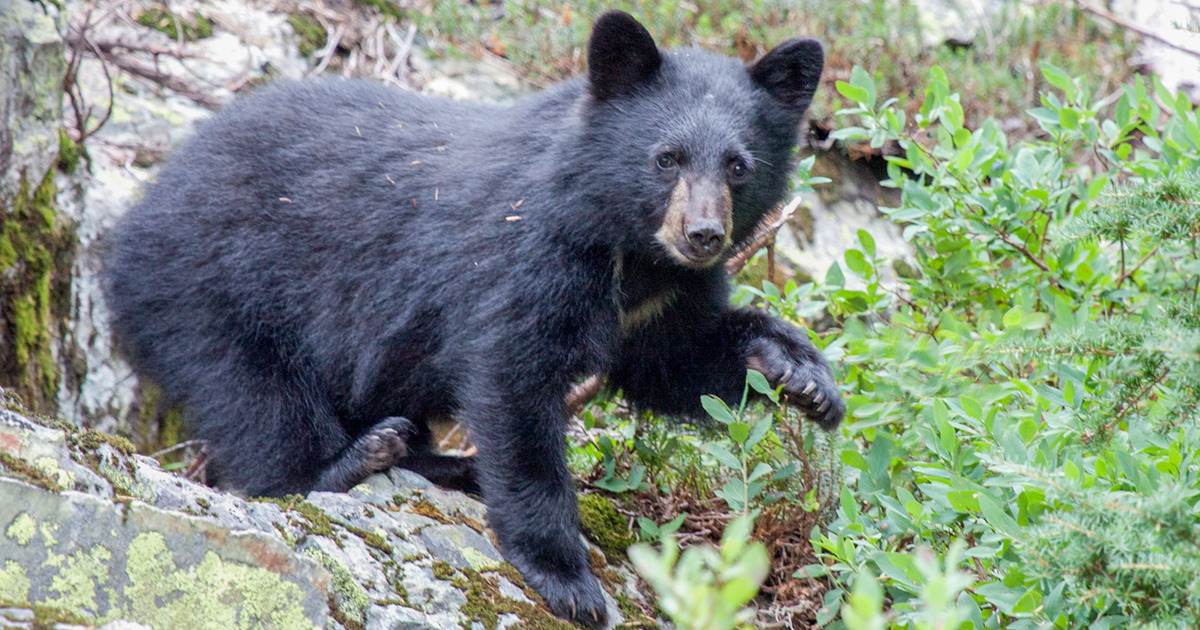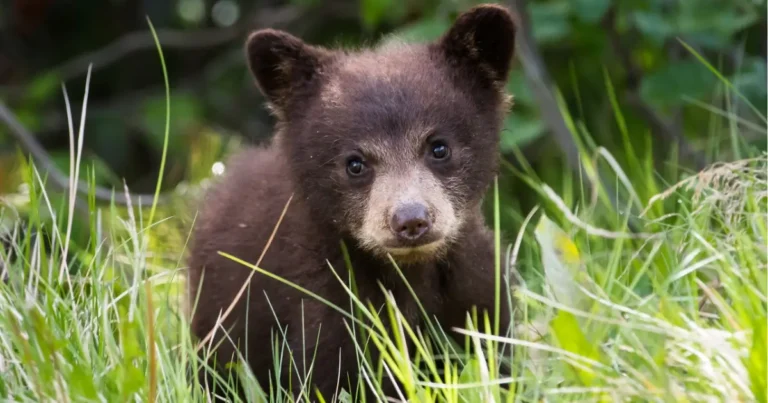
Concerns that residents aren’t reporting conflict with wildlife to the B.C. Conservation Officer Service (BCCOS) shouldn’t surprise WildSafeBC. In fact, The Fur-Bearers have called for changes at the armed law enforcement agency responsible for responding to wildlife conflict across the province for years due to ongoing issues that erode public trust.
The Trail Times is reporting that WildSafeBC (an education program owned and operated by the BC Conservation Foundation and funded in part by the government) is seeing a lower volume of reported wildlife encounters, a concern for them.
“These calls are less frequent in Rossland as there is a reluctance to call the Conservation Officers Service,” a WildSafeBC report to Trail council noted, according to the Trail Times. “This reluctance has affected the ability for WildSafeBC to gain valuable information about areas of conflict in the community.”
A lack of public trust in the BCCOS isn’t new; The Fur-Bearers wrote then-Minister of Environment Mary Polak in 2016 to outline our concerns of a growing divide between the public and the actions of the BCCOS. We weren’t the only ones concerned, either: a 2017 report from the Auditor General of British Columbia identified that the BCCOS has not evaluated the delivery or efficacy of its own operations or the WildSafeBC program, the educational component of their wildlife conflict mandate.
There are, however, a few steps the BCCOS can take to build public trust in 2021:
- Independent oversight. Unlike most armed law enforcement agencies, the BCCOS has no independent, third-party oversight. This means when there are complaints about BCCOS officers, policies or procedures, they are investigated by the BCCOS. This undermines public trust with every complaint and creates an air of built-in-bias.
- Crunch the numbers and ask hard questions. There are no public reviews of WildSafeBC’s efficacy or costs; there are no public reviews of the BCCOS’ efforts to reduce wildlife conflict and whether they are working; there is no public analysis of the types of actions or responses by the BCCOS as the impact it has on communities. The only numbers we know for certain are how often the BCCOS kills black bears: 18.15% of the time when they attend a call (the BCCOS tries to base their kill statistics on the number of calls they receive, but they don’t actually respond to all calls; this number based on 2020-21 data currently available). By properly evaluating their efforts and programs, as the Auditor General of B.C. noted they have failed to do at all in a scathing 2016 report, they can show the public they want to help wildlife and not just kill them.
- Clarity and communication. The BCCOS wants you to call the number they created for reporting criminal poaching and polluting activity if you see a skunk in your backyard. At least, that’s what some of the communication issued in recent years implies. As recently as October 2019, the WildSafeBC website had a banner indicating that “All Wildlife Encounters” should be reported to this investigative line (as per web.archive.org). It has since been updated to say All Wildlife Conflict, but what “conflict” is still remains murky in existing communications. Further, they must address the public more directly when failings in this regard occur, such as when residents called to request help for an emaciated bear cub during a snowstorm and were told no help would come, and if it did, it would be to take the bear cub to a forest to be left on their own. In an era of smart phones and instant communication tools, all mistakes can be amplified, as can the lack of apology or lack of thoughtful change. There must also be clear communication, publicly, of the expectations of municipal by-law and the BCCOS regarding enforcement of laws related to conflict.
The Fur-Bearers want the BCCOS to be well-funded, trained and successful. The role of law enforcement in the environment is essential. However, the organization must be treated for what they are: a law enforcement agency that has gone without significant, publicly available performance reviews and fails to understand that their actions are why public trust is eroding, not the public itself.
